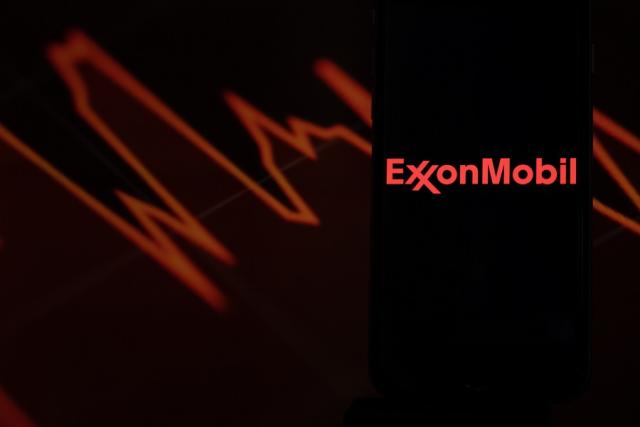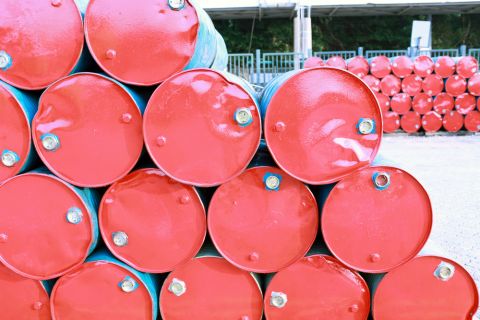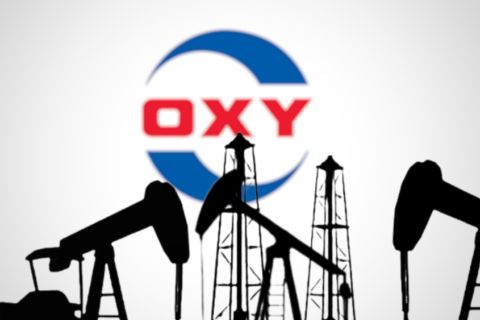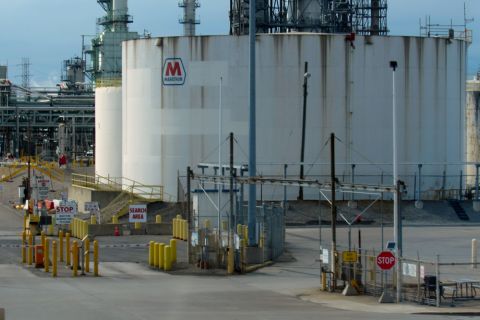
(Source: Walid Berrazeg/ Shutterstock.com)
Technip Energies has been selected to carry out engineering and design work for what could become the world’s largest hydrogen production facility, project developer Exxon Mobil said Jan. 30.
Targeting production of 1 Bcf/d of low-carbon hydrogen, Exxon Mobil plans to build the hydrogen, ammonia and carbon capture facility in Baytown, Texas, where it will be paired with the company’s massive olefins plant.
As part of the Houston area Gulf Coast project, Exxon said it intends to capture and permanently store about 7 million metric tons of CO2 annually.
Pending a final investment decision, which is expected by 2024, and other conditions, the facility could startup in 2027 or 2028.
“This project allows us to offer significant volumes of low-carbon hydrogen and ammonia to third party customers in support of their decarbonization efforts,” said Dan Ammann, president of Exxon Mobil Low Carbon Solutions. “In addition, the project is expected to enable up to a 30% reduction in Scope 1 and 2 emissions from our Baytown integrated complex, by switching from natural gas as a fuel source to low-carbon hydrogen.”
Hydrogen is seen by energy experts as having great decarbonization potential. Plentiful in supply, hydrogen has near-zero greenhouse-gas emissions, and it generates electricity with water vapor and warm air being the only byproducts. However, its future depends on its ability to overcome challenges including cost, scale and demand.
Exxon Mobil has said it plans to invest about $17 billion, up 15% from the amount announced in 2022, on lower-emission initiatives through 2027. These efforts include investments aimed at reducing not only its emissions but also others as the company seeks to commercialize and scale hydrogen, biofuels and carbon capture.
Thirteen companies, including BASF, Chevron, Dow, Phillips 66 and Valero, have already joined Exxon Mobil in exploring and implementing carbon capture in the Houston Gulf Coast area.
In November 2022, Exxon Mobil announced a partnership with Mitsubishi Heavy Industries (MHI) to deploy MHI’s carbon capture technology.
Recommended Reading
Kissler: OPEC+ Likely to Buoy Crude Prices—At Least Somewhat
2024-03-18 - By keeping its voluntary production cuts, OPEC+ is sending a clear signal that oil prices need to be sustainable for both producers and consumers.
Buffett: ‘No Interest’ in Occidental Takeover, Praises 'Hallelujah!' Shale
2024-02-27 - Berkshire Hathaway’s Warren Buffett added that the U.S. electric power situation is “ominous.”
NGL Growth Leads Enterprise Product Partners to Strong Fourth Quarter
2024-02-02 - Enterprise Product Partners executives are still waiting to receive final federal approval to go ahead with the company’s Sea Port Terminal Project.
Enbridge Advances Expansion of Permian’s Gray Oak Pipeline
2024-02-13 - In its fourth-quarter earnings call, Enbridge also said the Mainline pipeline system tolling agreement is awaiting regulatory approval from a Canadian regulatory agency.
Marathon Petroleum Sets 2024 Capex at $1.25 Billion
2024-01-30 - Marathon Petroleum Corp. eyes standalone capex at $1.25 billion in 2024, down 10% compared to $1.4 billion in 2023 as it focuses on cost reduction and margin enhancement projects.






